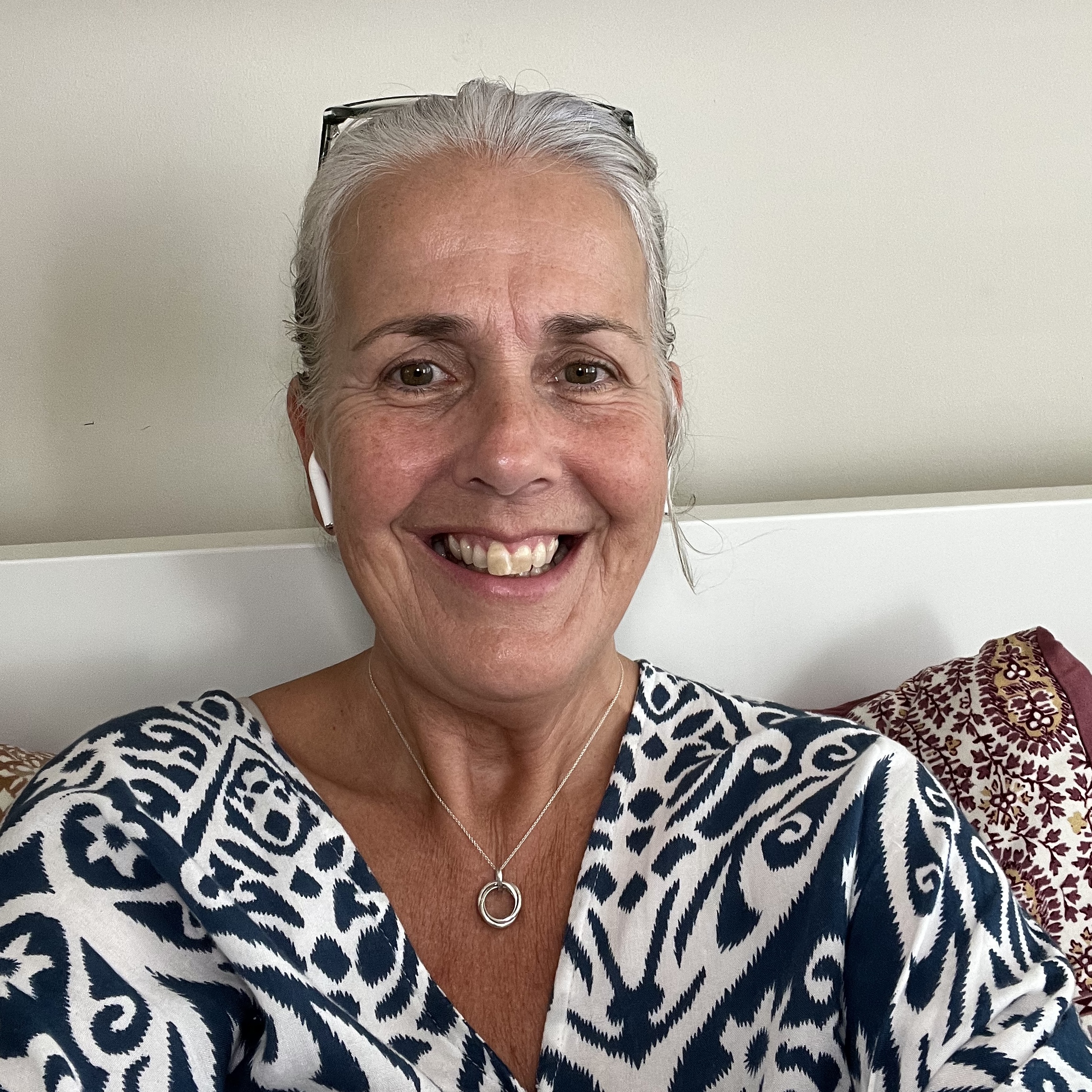Early Childhood Educators’ Day: Meaningful Ways to Recognise and Celebrate Your Team
- Sarah Moore
- Aug 12, 2025
- 3 min read

On Wednesday 3rd September Australia comes together to celebrate Early Childhood Educators’ Day, which was first introduced in 2011 by the Australian Childcare Alliance, Queensland Branch, as a moment to honour the essential role educators play in nurturing children’s wellbeing, learning, and development
This recognition is more than a celebration, it’s a moment to honour the daily, relational, and educational work that sits at the heart of our profession. Decades of research show that children thrive when they experience emotionally supportive, well-organised, and intentional interactions with their educators.
These moments planning and facilitating meaningful learning experiences, observing and extending children’s thinking, responding with warmth, and creating spaces where every child feels safe to explore, are the building blocks of children’s long-term learning, wellbeing, and sense of belonging.
Globally and locally, evidence shows that when educators are acknowledged, particularly within cultures that foster reflective, collaborative practice, they are more motivated, resilient, and committed to professional growth. The OECD’s Survey of Teachers in Pre-Primary Education also highlights how professional recognition and strong working conditions enhance practice and contribute to children’s holistic development.
The Neuroscience of Feeling Seen
Judith E. Glaser, founder of Conversational Intelligence®, reminds us that recognition is not simply an act of kindness, it is a biological exchange that impacts how people think, feel, and connect. When we receive specific, genuine appreciation, our brains release oxytocin, the “trust hormone”, which strengthens our sense of safety and belonging.
From a leadership perspective, this means that the way we celebrate Educators’ Day can either reinforce trust and connection or risk feeling superficial if it’s generic or rushed. By being intentional, we create the conditions for what Glaser calls “Level III Conversations”, where trust, transparency, and shared meaning flourish.

Together We All Shine
This year’s theme, “Together We All Shine”, is a powerful reminder that our collective impact is greater than the sum of our individual efforts. In early learning, our daily work is woven from shared moments, supporting each other in the busy times, stepping in for a colleague, or celebrating a child’s success together.
When we acknowledge not only individual contributions but also the ways we lift each other up, we strengthen the bonds that make our teams resilient. Recognition, in this light, becomes a shared celebration of the trust, collaboration, and generosity that make our work possible.
Recognition from the Inside Out: Three Layers of Appreciative Practice
With this in mind, recognition becomes more than a gesture, it’s a trust-building strategy. Here’s a structure that aligns with both evidence-based practice and Conversational Intelligence principles:
1. Personal & Individual
Handwritten notes that highlight a specific strength, skill, or moment of impact
One-on-one conversations that acknowledge contribution and invite reflection
Personal touches that show genuine knowledge of the individual (favourite tea, a relevant book, a playlist made just for them)
2. Team & Peer Connections
Recognition Circles: facilitated spaces for educators to safely share appreciation for one another
A Gratitude Wall with handwritten acknowledgements from peers, leaders, and even children’s voices
A shared meal paired with a reflective question like, “What’s one moment this year that reminded you why you do this work?”
3. Family & Community Engagement
Invite families to share notes, drawings, or short video messages
Create a Celebration Book or digital slideshow that captures these contributions
Share collective messages publicly in a newsletter, display board, or social post, to amplify community gratitude
Why This Matters
When recognition is both specific and relational, it creates what Glaser calls “co-created success”, where individuals feel part of something bigger, and teams are energised by mutual trust. It supports wellbeing, strengthens retention, and reinforces the relational culture that underpins quality early learning.
This Educators’ Day, the most powerful thing we can give our educators is not a token gift, but an experience of being truly seen, heard, and valued, for the difference they make every single day.




Comments